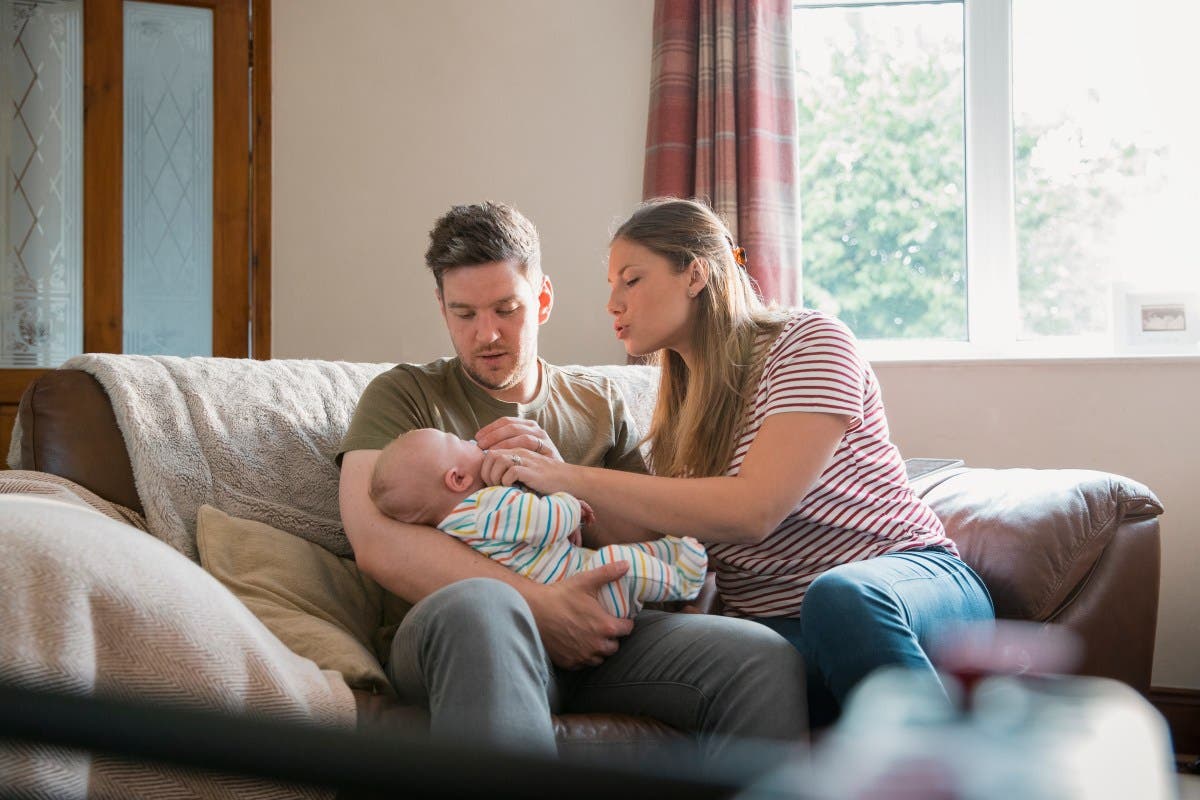Building emotional resilience in infants begins long before they take their first steps or say their first words. According to psychologists, the foundation for adaptability and confidence is established during the earliest months of life through the daily interactions between parents and their babies. They emphasize that resilience is not an innate trait but is developed through consistent nurturing and supportive environments.
Dr. Ashleigh Powell, a chartered clinical psychologist, explains that resilience starts forming within the primary attachment relationship, even before a baby can communicate verbally. “When a baby is distressed, each small moment when a caregiver helps settle and soothe them teaches the child’s brain that they can cope with big feelings,” Powell told Newsweek. This nurturing process demonstrates to infants that difficult emotions can be calmed.
Responding with Warmth to Foster Resilience
Powell asserts that resilience can be nurtured from birth, as babies learn to co-regulate their emotions with their caregivers. Co-regulation involves parents offering soothing support and encouragement, which is crucial for a child’s emotional development. “When caregivers respond warmly to their baby’s cries—through gentle eye contact, soothing words, or soft rocking—they teach them that comfort and safety follow distress,” Powell noted. This approach helps to create a secure attachment, which is vital for fostering independence and resilience later in life.
Parents can view moments of distress, such as meltdowns, as opportunities to teach resilience. “Gently naming an infant’s emotions, even if they are not yet verbal, helps them learn that emotions can be understood and not feared,” Powell explained. For instance, acknowledging a baby’s fear of a loud noise by saying, “You were startled by that noise and felt scared, but that’s okay,” reinforces emotional understanding.
Establishing Routines and Allowing Struggles
Routine plays an important role in an infant’s emotional development. Powell emphasizes that predictability can lower stress hormones and foster a sense of security, which is foundational for resilience. “Daily routines that bring connection, such as cuddles or bedtime songs, create a rhythm that the infant’s nervous system recognizes,” she said.
While it may be tempting for parents to intervene when their baby struggles with tasks like stacking blocks, experts advise allowing children to experience manageable frustration. Charlotte Cook, a psychotherapist with over 25 years of experience, indicates that this struggle fosters resilience. “If you step in to help, you may inadvertently halt the development of independence. Let them try and get frustrated, while supporting them with affirming statements like, ‘It’s so frustrating when it doesn’t work, isn’t it? Give it another go,’” Cook advised.
Another key factor in developing resilience is how parents react to challenges. Cook, founder of The Thinking Pod, a parenting consultancy, highlights the importance of modeling calm responses during difficult situations. “When something goes wrong, do you give up or find another way? Your child observes how you handle adversity, so consider how you want them to respond and model that behavior,” she stated.
As both Powell and Cook emphasize, building resilience in children hinges on connection, consistency, and care. By creating a nurturing environment where babies feel seen, soothed, and supported, parents are equipping their children with the confidence to face life’s challenges with courage and composure.





































































